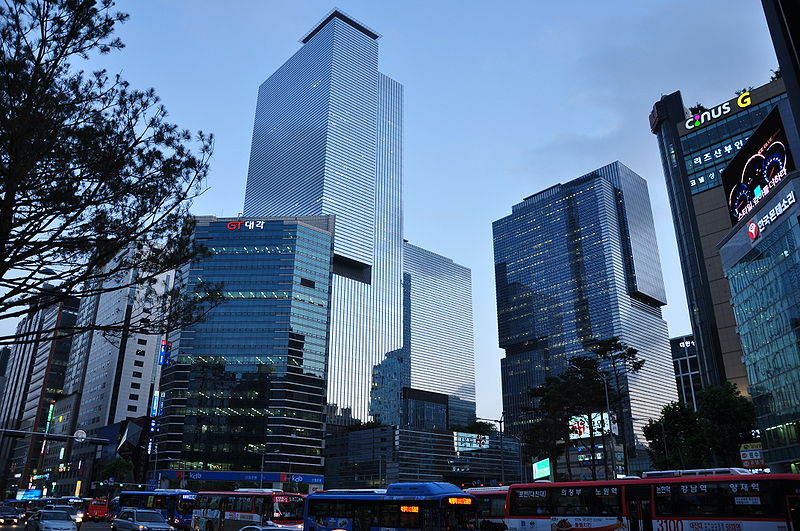
SEOUL, Korea – Samsung Electronics reached a partial agreement on workplace safety with sickened workers and their families, nearly a decade after the death of a 22-year-old worker galvanized concern about safety in South Korea’s semiconductor industry.
The South Korean company and Banolim, which is the main advocacy group for sick workers, along with another group representing workers signed an agreement Tuesday to establish an external committee that will enhance safety at Samsung.
Its mandate includes measures such as ensuring Samsung preserves information related to workers’ health and conducting spot checks of chemicals used in its manufacturing. If any hazardous substances are detected during random checks, the company’s health management team will order their use to be stopped, its agreement said.
Samsung also agreed to give workers access to information related to their health and safety when they apply for government insurance covering occupational diseases. Workers and their lawyers have complained that Samsung denied access to key information on health and safety, citing confidentiality.
The external committee will examine workplace conditions that affect workers’ health and safety at Samsung, such as management of chemicals. The committee can also make recommendations to Samsung on its disclosure of chemical hazards and the company’s standards on trade secrets. Workers have complained that trade secrets meant they were denied information about chemicals that may have affected their health.
The agreement is the first of its kind between Samsung and Banolim since the death of 22-year-old chip worker Hwang Yu-mi from leukemia in 2007 ignited public debate about safety at Samsung factories and South Korea’s semiconductor industry in general.
Samsung and Banolim are still deadlocked over other areas, mainly compensation for Samsung workers who became seriously ill allegedly due to exposure to carcinogens at its chip and LCD factories.
Last year, Samsung rejected the mediator’s recommendations that an independent organization oversee compensation. Instead, the company launched its own committee whose members were selected by Samsung. Many workers and their families denounced Samsung’s compensation measures, which they said were unilateral and veiled in secrecy.
Samsung said more than 150 individuals applied for compensation and more than 100 of them accepted its financial support. It did not say whether the rest of the people were rejected or in talks.
More than 200 current or former Samsung workers suffering from grave illnesses have contacted or sought help from Banolim.